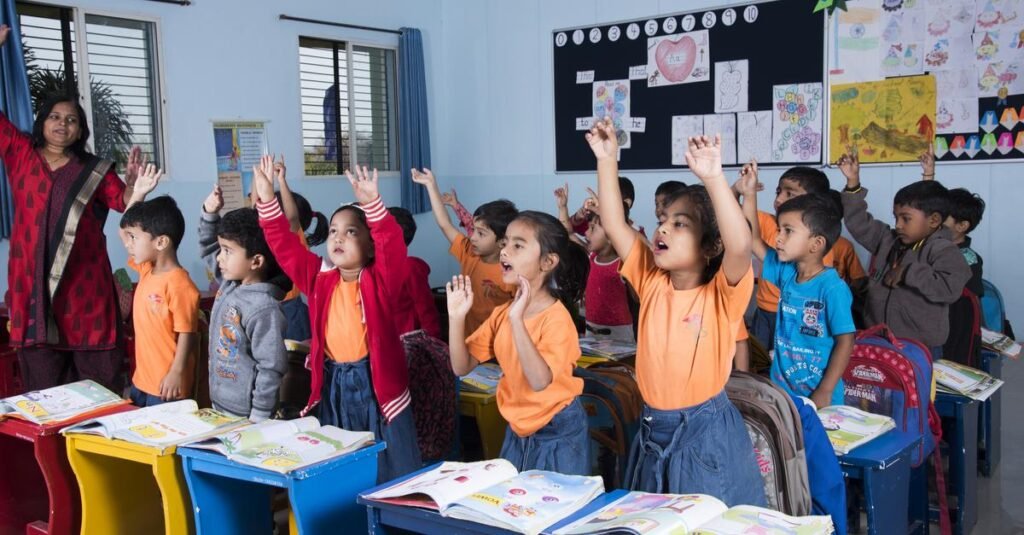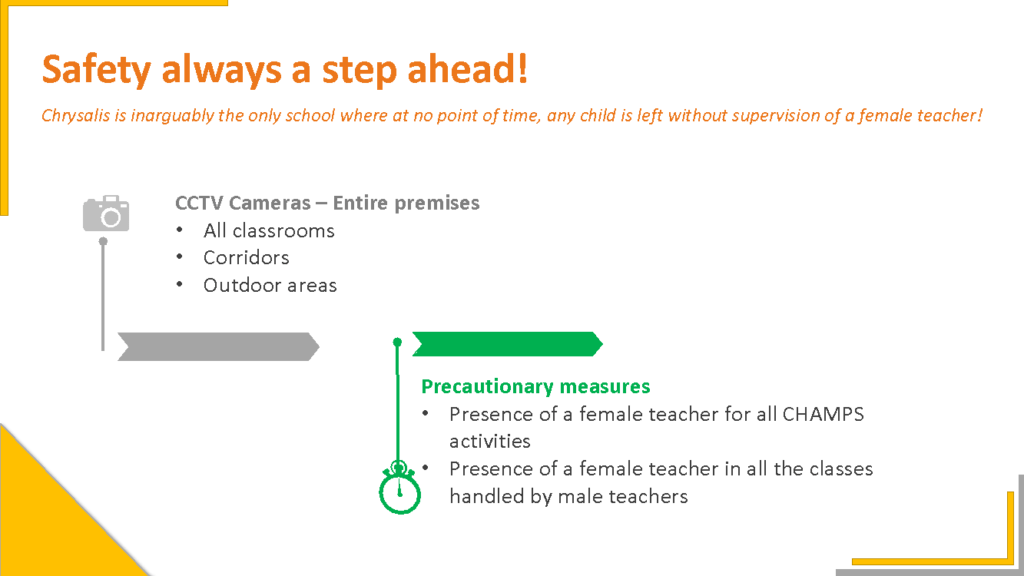
Education is a cornerstone of human civilisation, a beacon of progress that illuminates the path towards personal and societal growth. It is a process that encompasses the acquisition of knowledge, skills, values, and attitudes, shaping individuals into informed, responsible, and capable citizens. In this essay, we explore the multifaceted nature of education, its significance in today’s world, the challenges it faces, and the potential it holds for shaping a brighter future.
The Importance of Education
Education is often hailed as the key to unlocking human potential. It equips individuals with the tools needed to navigate life’s challenges, make informed decisions, and contribute to society. A well-rounded education is not just about acquiring facts but also about fostering critical thinking, creativity, and empathy. It empowers individuals to explore their interests, pursue their passions, and find their unique voice in the world.
Societies thrive when education is prioritized. It promotes economic growth by producing a skilled workforce capable of driving innovation and productivity. Moreover, education serves as a catalyst for social progress, breaking down barriers of ignorance and prejudice. It promotes tolerance, inclusivity, and respect for diversity, fostering social cohesion and harmony.
The Role of Education in Personal Development
Education is a lifelong journey that begins in early childhood and continues throughout one’s life. It shapes our personalities, values, and aspirations. In childhood, it provides a foundation for cognitive and social development, teaching us how to communicate, think critically, and interact with others. In adolescence, it helps us discover our passions and interests, guiding us toward future careers and endeavours.
Education also plays a crucial role in character development. It instils values such as integrity, responsibility, and empathy, shaping individuals into ethical and responsible citizens. Furthermore, education fosters resilience, teaching us how to overcome challenges and adapt to changing circumstances.
The Power of Knowledge
Knowledge is at the heart of education. It empowers individuals to understand the world around them and make informed decisions. With knowledge, we can address complex global issues, such as climate change, poverty, and healthcare. Education provides us with the tools to develop innovative solutions and drive progress in various fields, from science and technology to the arts and humanities.
Moreover, knowledge is a potent tool for personal empowerment. It opens doors to opportunities and allows individuals to break free from the cycle of poverty and inequality. Education is the great equaliser, offering a chance for social mobility regardless of one’s background. It empowers people to pursue their dreams and aspirations, regardless of their circumstances.
Through education, individuals can explore their interests and passions, helping them to discover their strengths and weaknesses. This self-awareness is essential for making informed career and life choices.
Challenges in Education
Despite its undeniable importance, education faces numerous challenges in today’s world. Access to quality education remains unequal, with millions of children worldwide lacking access to basic schooling, particularly in rural areas and among marginalized communities. Socioeconomic disparities, gender inequality with lower enrolment and retention rates for girls, especially in certain regions like North East India, and geographical factors continue to hinder educational opportunities for many. Students living in regional and remote areas perform less well in secondary education.
Another challenge lies in the quality of education. Many schools lack adequate infrastructure, and qualified teachers, affecting the learning outcomes of students. India faces a shortage of well-trained and qualified teachers, especially in remote areas where there are no teacher training and professional development programs given to the teachers. The curriculum and teaching methods often fail to adapt to the changing needs of the modern world. Many education systems prioritize rote memorization over critical thinking and creativity, leaving students ill-prepared for the complexities of the 21st century.
High dropout rates, particularly at the secondary level, are a concern. Economic factors, social pressures, and inadequate infrastructure contribute to this problem.
Furthermore, the digital divide exacerbates educational inequalities. While technology can enhance learning opportunities, not all students have equal access to digital resources. This inequality became particularly evident during the COVID-19 pandemic when remote learning highlighted the disparities in access to technology and internet connectivity.
Despite these challenges, India has made noteworthy achievements in the field of education by introducing:
Sarva Shiksha Abhiyan (SSA)
It has played a vital role in expanding access to education, particularly in rural areas.
Mid-day Meal Scheme:
The Mid-day Meal scheme has increased school attendance, improved child nutrition, and acted as an incentive for parents to send their children to school.
Digital Initiatives:
The adoption of digital technology in education, including e-learning platforms and digital classrooms, has the potential to revolutionize education and bridge gaps in access.
Right to Education Act:
The Right to Education Act passed in 2009, has made elementary education fundamental for all children and emphasizes the need for quality education.
Innovative Teaching Practices:
Every organisation and school is experimenting with innovative teaching methods to make learning more engaging and practical.
Inclusive Education:
In India, inclusive education is supported by various legal provisions, including the Rights of Persons with Disabilities Act 2016, which mandates inclusive education for children with disabilities. The Right to Education Act of 2009 also emphasizes the inclusion of all children in the mainstream education system. Teachers are given training to address the diverse needs of students in their classrooms.
The Future of Education
Education also needs to adapt to the rapidly changing global landscape. It should prepare students to navigate a world characterized by technological advancements, globalization, and complex societal challenges. Teaching digital literacy and promoting lifelong learning are essential components of a modern education system.
Conclusion
Education is a powerful force that has the potential to transform individuals and societies. It equips us with the knowledge, skills, and values needed to thrive in the modern world. As we navigate the challenges of the 21st century, it is imperative that we prioritize education and invest in its reform and expansion. By doing so, we can harness the transformative power of education to build a brighter, more equitable, and sustainable future for all.
For further exploration of educational content and insights, delve into the resources available on Chrysalis High.
FAQ
How can education be transformative?
Education transforms by expanding horizons, empowering individuals, and fostering personal growth.
What is the role of enlightenment in education?
Enlightenment in education leads to deeper understanding, critical thinking, and a broader perspective on life.
Can education truly change one’s life?
Absolutely. Education has the power to reshape careers, perspectives, and entire life trajectories.
How can I embark on a journey towards enlightenment through education?
Start by seeking knowledge, embracing curiosity, and remaining open to new ideas and experiences.


